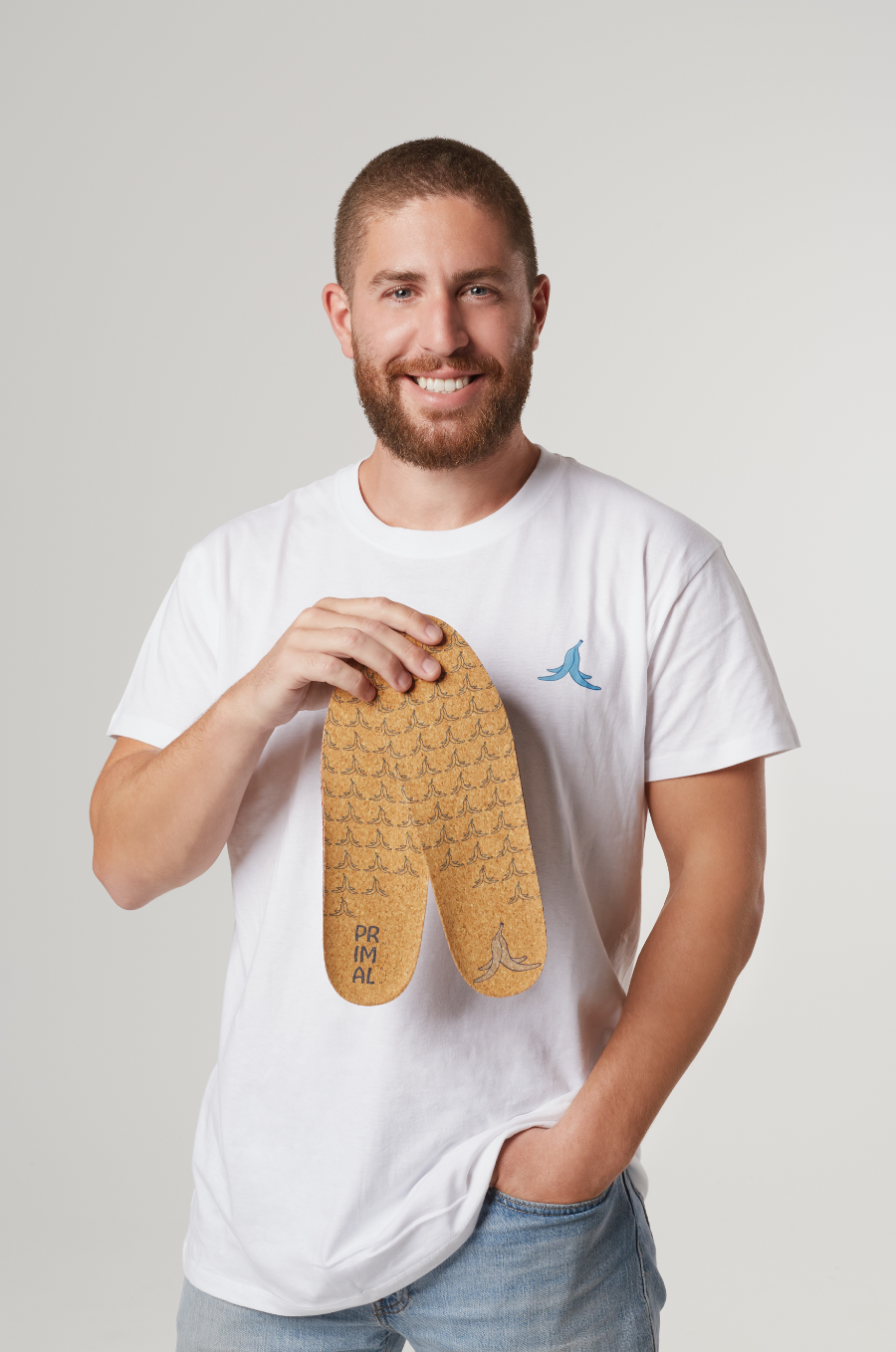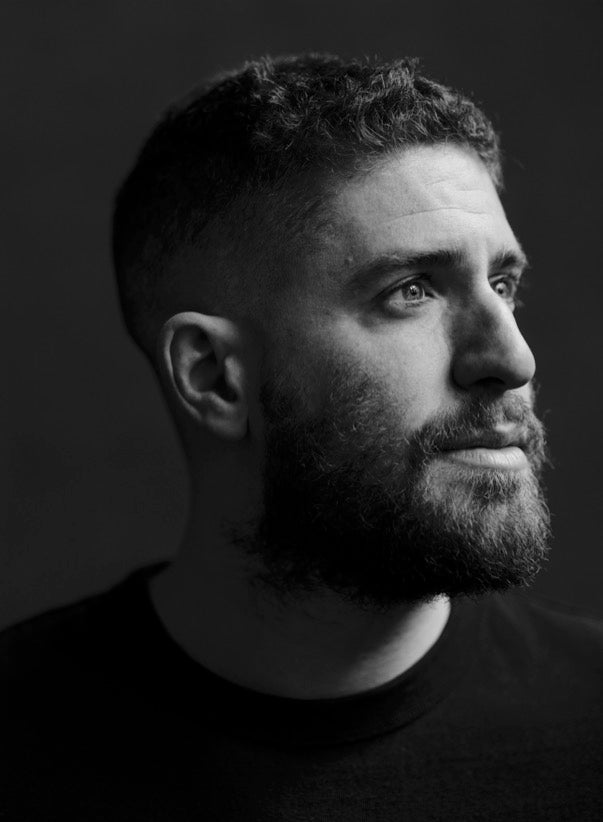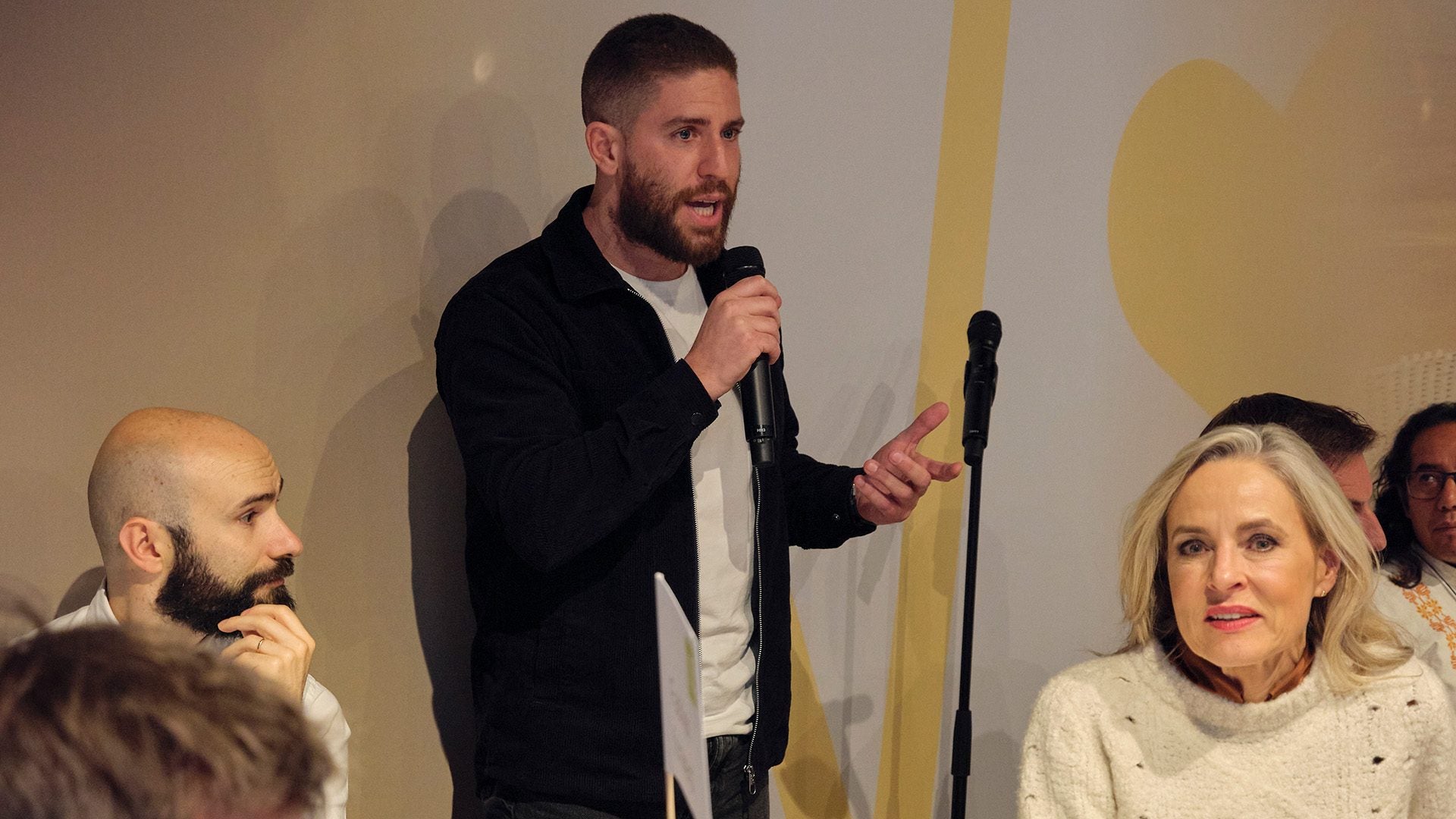What's your story?
When humans first started moving across this world and discovering the outreaches to which the natural beauty extended, we did so in harmony with our natural environments. Just as nature had it intended. For hundreds of thousands of years, that is how we have survived. In harmony with nature. We reaped what we sowed. Just like water falling out of the sky, filling our lakes, and rivers bringing this water back into the seas where it is evaporated into the sky and the whole process repeats itself. Endlessly.
Yet in the last short period of human existence on this Planet, this system has changed.
Drastically.
We have started to consume and produce beyond natural cycles. This was evident to me as a child already when I asked my mom why we use a limited amount of gas and oil to move our vehicles forward. Certainly, this raw material will eventually run out the way that we are currently extracting it. And then what?
We have cemented a mindset that is short-term, profitable, and with no regard for any future - be it nature or our very own generations. We have become linear. And in doing so, we are no longer moving in harmony with nature. Neither the concrete we walk on, nor the concrete mindsets that narrow our focus on short-term personal gains. Every waking day.
Primal Soles was created to change that mindset. To offer a different perspective. A perspective of long-term prosperity - both for nature and our very own human generations. We aim to break the concrete mindset. We do this through our physical product: Planet’s first circular shoe insoles made from natural Mediterranean cork. We enable people to start their day, the world over, with the maximum amount of comfort that we have become accustomed to. Yet, at the same time, Primal is a philosophy that acts as a daily reminder to live a more sustainable life in harmony with nature. Every time we put on our shoes in the morning, getting ready to add our daily value, we are there, as a reminder, that whatever we do we are part of something bigger than ourselves. We carry a responsibility.
We are aware that even if we were to achieve our mission, which is to divert one million non-recyclable shoe insoles from landfill waste by replacing them with fully recyclable Primal Soles, it will still only be a drop in the bucket of what the real problem is. Namely, we produce and consume hundreds of millions of pairs of non-recyclable insoles every year as a society. And that’s just this small, lightweight, often overlooked, product. Imagine the rest of the products. So our vision therefore is to set an example of how business can be done. How we can make an impact. That, if we put our short-term, linear thought process aside, we can live in harmony with nature, utilise naturally regenerative resources, such as cork, and still get maximum comfort. This time around though, it will just be with a minimal footprint. I have spoken about this change in mindset extensively at this year's SDG Tent's panel at the World Economic Forum in Davos when we received the Financial Times' Responsible Business Education Awards for top student-led project with an impact on society and the environment.
This coming January 2024, Primal Soles will again be represented at the WEF. This time, through a documentary sponsored by InTent and produced by V&S in collaboration with Cortiçeira Amorim on the importance of the Cork Oak Forest. We will be shooting this documentary next week in Portugal.
Why did you start?
Two years ago, during a late September swim with my girlfriend in Sounio, the south of Greece, I started having a very clear vision. In touch with the elements, feeling the water, seeing the sun slowly set behind the distinct Mediterranean hills and smelling the change of wind in the air, I was very much in the zone and thinking of natural, circular solutions that support comfort for human movement.
What do we spend most of our lives on? I used to work for an ecommerce mattress company, so I saw how important people deemed personal comfort to be. After all, if we’re lucky enough, we spend about ⅓ of our lives on a mattress. It better be good quality. However, when the CEO proudly pointed to the fact that they had sold a million units, something inside me was not sitting right. They were proud that they had produced a million units. Units that are made from synthetic foam and that are not recyclable, nor do the people responsible for producing them take any responsibility for discarding them. The result: money and fame for the seller, shit shit and more shit for our Planet and its next generations. In short, a short-sighted, totally not responsible way of doing business. This, I decided, was not what I wanted to spend this short time we have been gifted on this Planet on. So I quit there after I saw that nobody was answering my calls for responsibility.
This could be done better.
At the same time, I was just reading the book by Nike’s founder, Phil Knight, called Shoe Dog and about how he had created that business from the ground up. What a story! What an inspiring story. Along with the likes of Patagonia’s Yvon Chouinard, these people have changed our society. They have left a permanent mark on this point in time in which we are alive. What a life! What a responsibility. Some things started to connect in my brain. If we value personal comfort so much, and we can see this with mattresses as well as with shoes, then why have we not come with a natural, circular product that is regenerative, with a long-term perspective and in harmony with nature?
Why had this not been done before?
Surely, with all our technical capabilities nowadays we must be able to come up with some sort of solution. At the same time, I hear my father’s voice in the back of my head saying that every new idea I think I have will most certainly have been thought of before. Yet here I was, recently unemployed and with - what seemed to me - a novel idea. Recyclable mattresses? Complicated. Recyclable shoes? Complicated. I know nothing about these products or industries. I am just a 31 year old recently graduated student with a few years of work experience behind me. What do I know? The idea stayed with me and an hour or so later I mentioned to my girlfriend that I might have a pretty good idea, but that I’ll think about it a bit more and then present it to her if I really think it’s something.
Over the following days I didn’t sleep much. In her grandpa’s old apartment, where we were staying at the time, I was researching what was to become my new product. Sitting at the table in the classic 70’s Greek kitchen, I was researching insoles. I figured, shoes are a fashion item above all else. But shoes are also for comfort, and we spend nearly half of our lives on them. So what part of the shoe can we improve without adding too much complexity. I like to keep things simple. Besides, for years I had been buying replaceable shoe insoles as a means to add comfort, prevent injuries and extend the life cycle of my shoes. The only problem always was that insoles wear out. And what do you do with them after a few months of intense usage? You toss them into the trash and forget about them while you buy a new pair. This had to be done better, I thought.
So I started researching data about insoles. For hours. Days on end. I found that cork as a main raw material was very beneficial - both for the physical body as well as for nature. And so I set up meetings in Portugal with cork suppliers. I eventually told my girlfriend, at the market in London, I’ll never forget that, and she loved the idea. Now, one thing to know about my girlfriend besides that she is very smart (way smarter than me) is that she is also very, how do you say, “critical”. But she loved the idea. That was enough for me to land myself in Portugal a few days later. There I met my cork supplier, who in turn introduced me to my insole manufacturer and the rest - as they say - is history.





